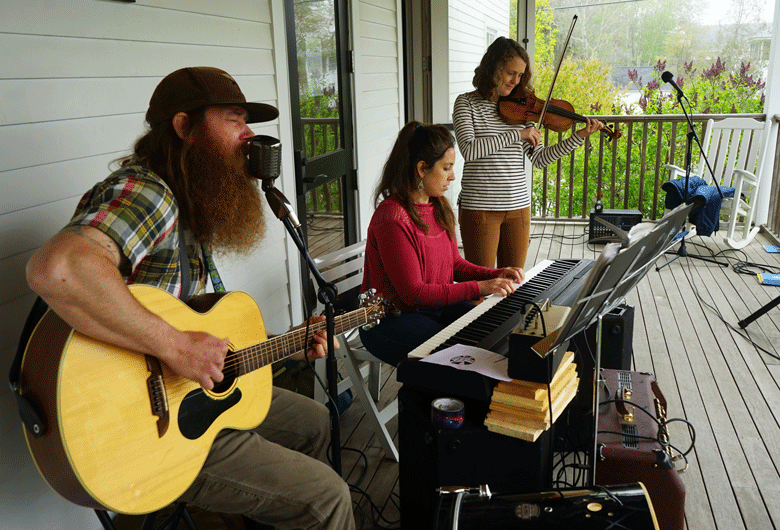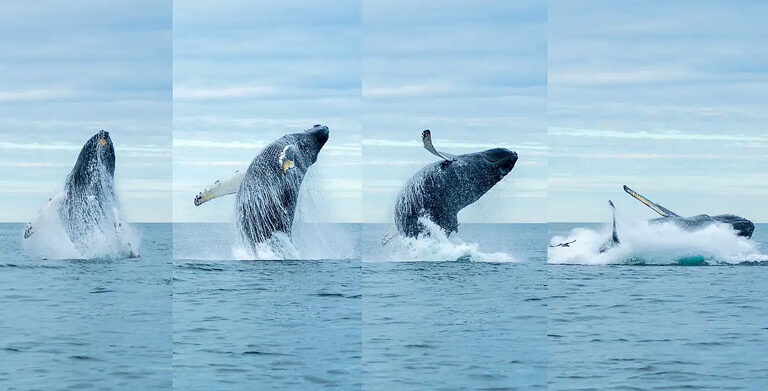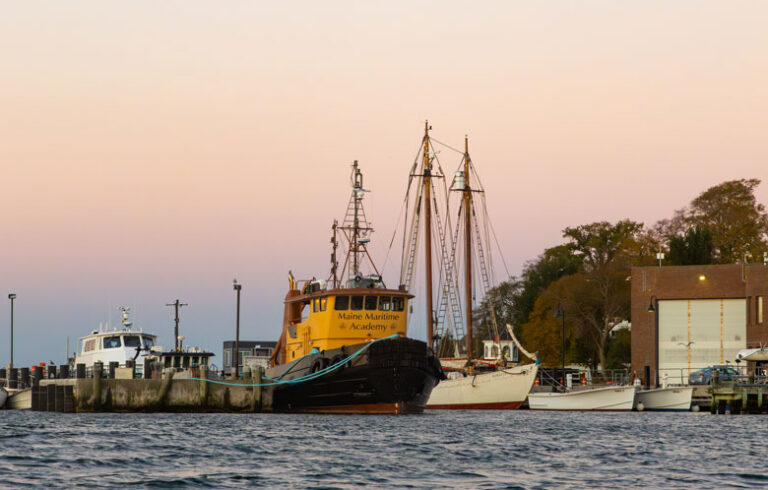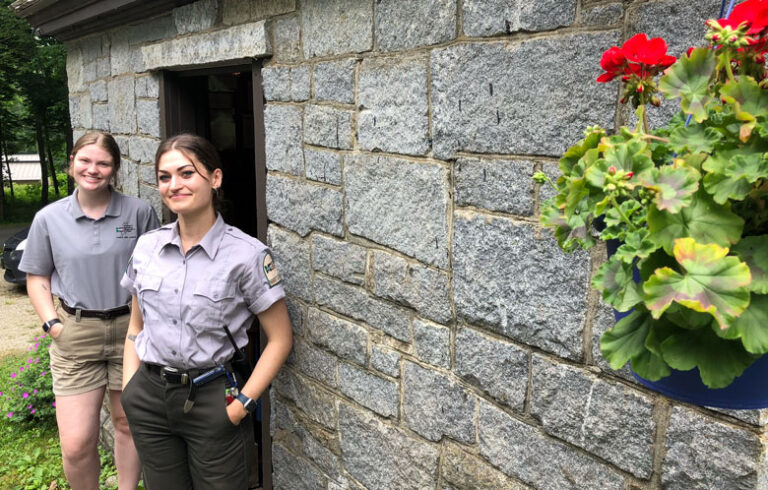Reflections is written by Island Fellows, recent college grads who do community service work on Maine islands and in coastal communities through the Island Institute, publisher of The Working Waterfront.
“Violin lessons at the Islesboro Community Center for all ages, free of charge! Sign up with Anne McKee by June 1.”
Last spring, I plastered posters at all the key Islesboro spots—the post office, community center, grocery stores, school, and ferry terminal—as well on as the community Facebook page, a popular hub of island discourse.
I wasn’t sure what level of interest to expect. Perhaps five or six students, I thought. Certainly not more than ten.
Well, it turns out I was wrong.
By the beginning of last summer, 18 students had signed up to take violin lessons. And now, after nearly a year of teaching violin on Islesboro, that number has risen to 23.
I believe music can inspire empathy and build community.
I was as excited as I was daunted. Yes, I had played violin for nearly 20 years and taken some Suzuki violin teacher training courses. But never had I run my own teaching studio.
With the support of the Island Institute and a whole lot of hard work, things came together.
I rearranged the community center’s wellness room to double as my teaching space. I mapped out how I would fit all these students in for weekly lessons, alongside my other work involving food security and renewable energy. With support from my fellowship advisors, I used some of my weekly hours to teach lessons.
Matching students with instruments required some sleuthing, but soon, violins of all sizes filled the community center. I pulled many violins from the back of the school music closet. Some were low-cost rentals from mainland music organizations I knew. Others were loaned from friends, found buried in attics, or even purchased outright.
It still sometimes feels miraculous that all students have a violin in their hands.
One of the most surprising parts of the violin program at its onset was just how varied the violin student group was. The students spanned all age ranges, financial backgrounds, and locations across the island. Some families signed up to learn together.
The existence of this large, diverse group of students speaks not only to my incredible island community, but to the merits of removing barriers to music education. By bringing lessons to an unbridged island, and offering them free of charge, I have been able to reach people who would not have otherwise gotten the opportunity to try violin.
This program is not just about setting students up with good violin technique, though. I believe music can inspire empathy and build community. Using music, I teach my students how to create beauty in the world. And the lesson program has become an intergenerational learning community.
In addition to weekly lessons, students perform together for seasonal recitals, well-attended by islanders. Six-year-olds and 60-year-olds play ‘Twinkle Twinkle Little Star’ side by side. Families practice violin together. My middle school violinists effectively turned the school band into an orchestra.
Sadly, my fellowship on the island ends in August, but I am excited to announce that on-island violin lessons will continue through a partnership with Bay Chamber Concerts and Music School, a power-house Midcoast Maine organization. Starting in September, Bay Chamber will ferry out a teacher for weekly lessons at the community center.
Because the funding for free lessons came from my fellowship hours, these lessons can no longer be offered for free. But I am working to make this program financially possible for every family. Bay Chamber’s scholarship program and support from island donors will help make lessons accessible for all.
Many of my most difficult good-byes will be to my students. They bring me so much joy and have even inspired me to pursue a music master’s degree next year.
But though I will be returning to “America” (as we like to quip on Islesboro), this little island will always be a part of me. And I will be back.
Anne McKee graduated from Bowdoin College with a major in history and environmental studies and a minor in Japanese. She works on Islesboro with the Islesboro Community Center and Islesboro Central School on food sustainability, youth programming, energy systems, and music education.





